Auden grew up in Birmingham in a professional middle class family and read English literature at Christ Church, Oxford. His early poems, written in the late 1920s and early 1930s, alternated between telegraphic modern styles and fluent traditional ones, were written in an intense and dramatic tone, and established his reputation as a left-wing political poet and prophet. He became uncomfortable in this role in the later 1930s, and abandoned it after he moved to the United States in 1939, where he became an American citizen in 1946. His poems in the 1940s explored religious and ethical themes in a less dramatic manner than his earlier works, but still combined traditional forms and styles with new forms devised by Auden himself. In the 1950s and 1960s many of his poems focused on the ways in which words revealed and concealed emotions, and he took a particular interest in writing opera librettos, a form ideally suited to direct expression of strong feelings.
He was also a prolific writer of prose essays and reviews on literary, political, psychological and religious subjects, and he worked at various times on documentary films, poetic plays and other forms of performance. Throughout his career he was both controversial and influential. After his death, some of his poems, notably "Funeral Blues" ("Stop all the clocks") and "September 1, 1939", became widely known through films, broadcasts and popular media.
Auden's first boarding school was St. Edmund's School, Surrey, where he met Christopher Isherwood, later famous in his own right as a novelist. At thirteen he went to Gresham's School in Norfolk; there, in 1922, when his friend Robert Medley asked him if he wrote poetry, Auden first realized his vocation was to be a poet. Soon after, he "discover(ed) that he (had) lost his faith" (through a gradual realisation that he had lost interest in religion, not through any decisive change of views). In school productions of Shakespeare, he played Katherina in The Taming of the Shrew in 1922, and Caliban in The Tempest in 1925, his last year at Gresham's. His first published poems appeared in the school magazine in 1923. Auden later wrote a chapter on Gresham's for Graham Greene's The Old School: Essays by Divers Hands (1934).
From his Oxford years onward, his friends uniformly described him as funny, extravagant, sympathetic, generous, and, partly by his own choice, lonely. In groups he was often dogmatic and overbearing in a comic way; in more private settings he was diffident and shy except when certain of his welcome. He was punctual in his habits, and obsessive about meeting deadlines, while choosing to live amidst physical disorder.

Political Map of Europe in the

For South-Eestern Europe

Political map of europe 1939

Political Systems in Europe,
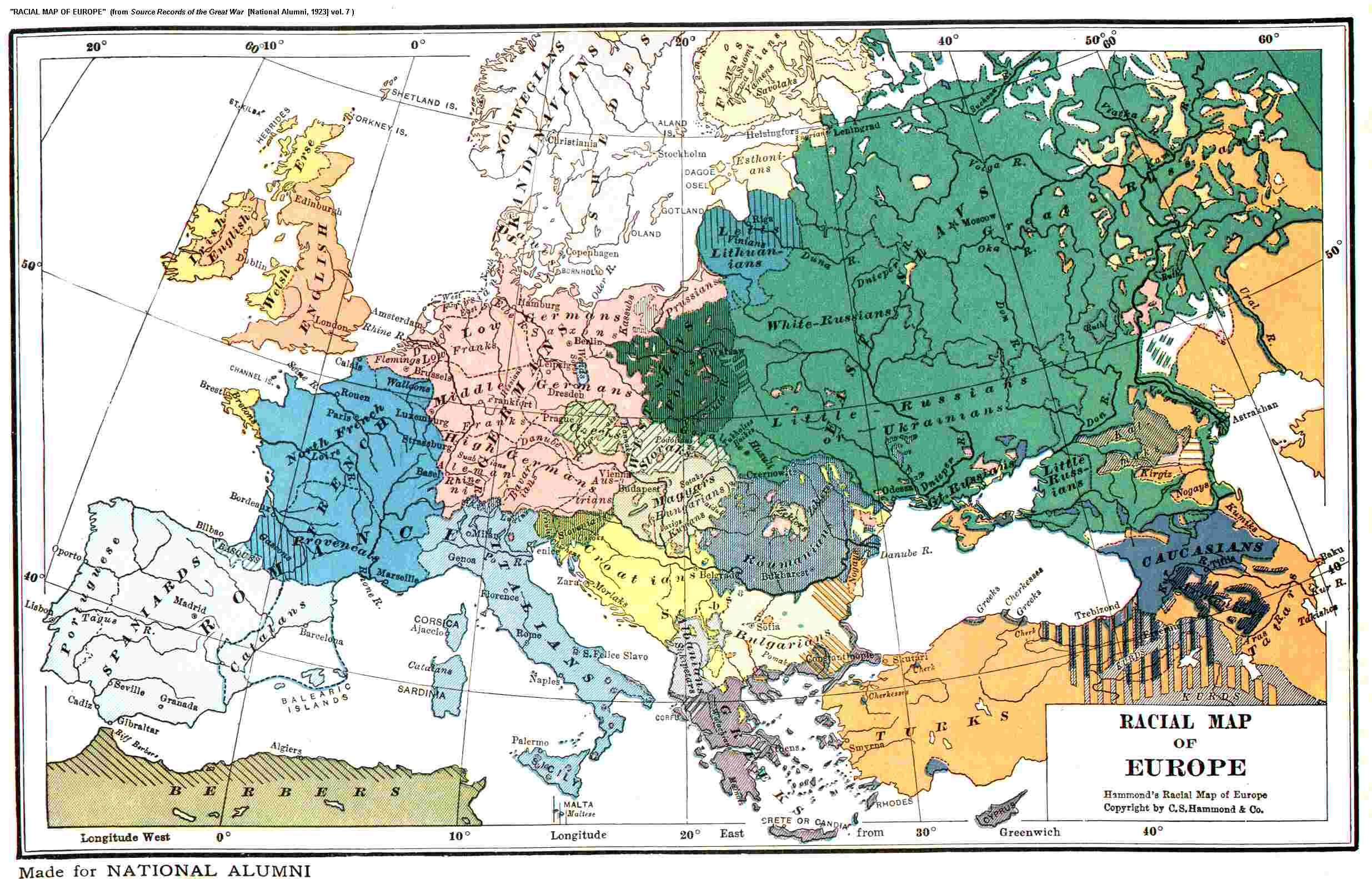
1939)

External Online Map

Attachments: Blank Map Europe
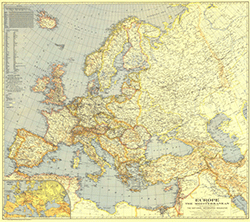
Europe 1939 AD
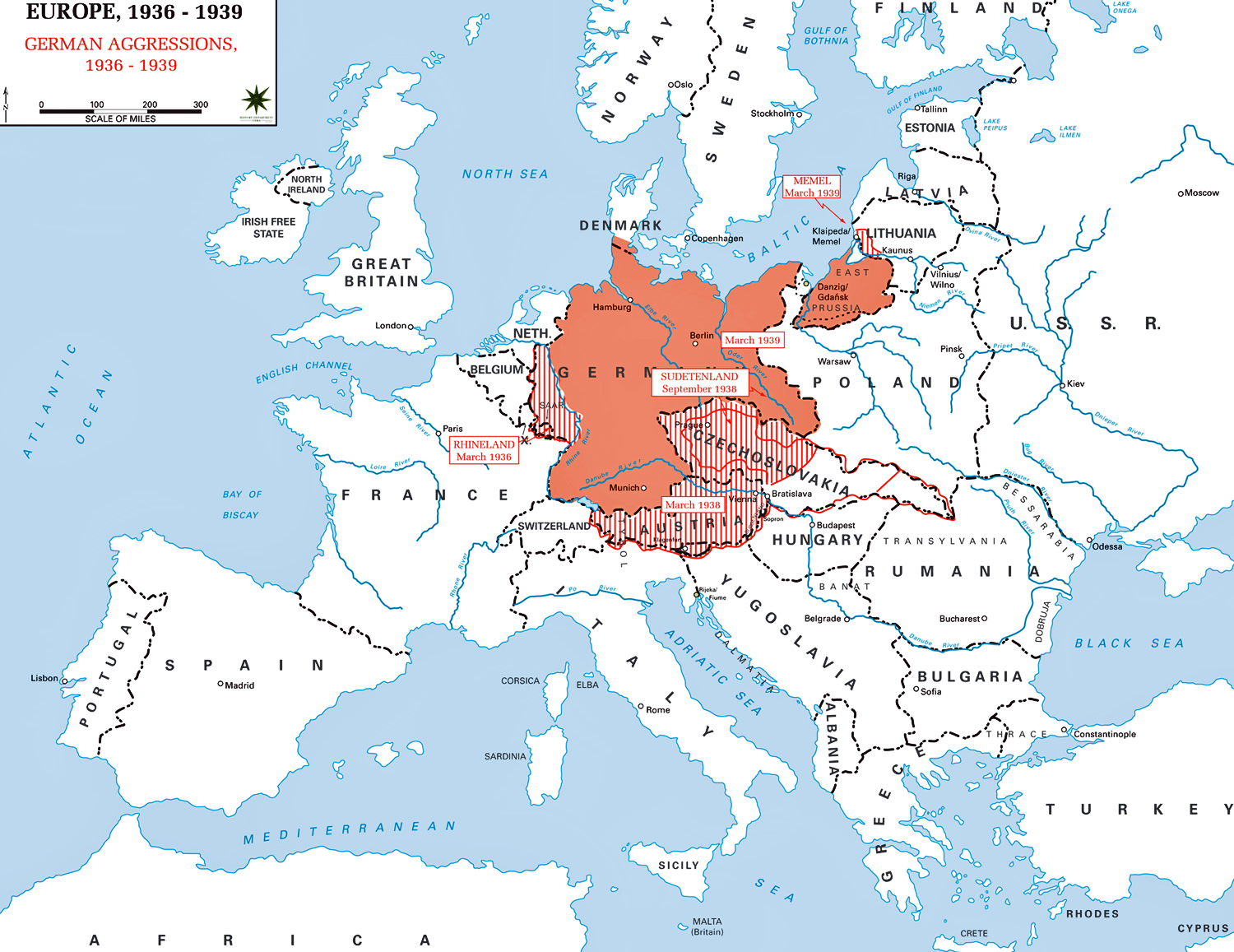
in Eastern Europe; Map

Europe and the Mediterranean
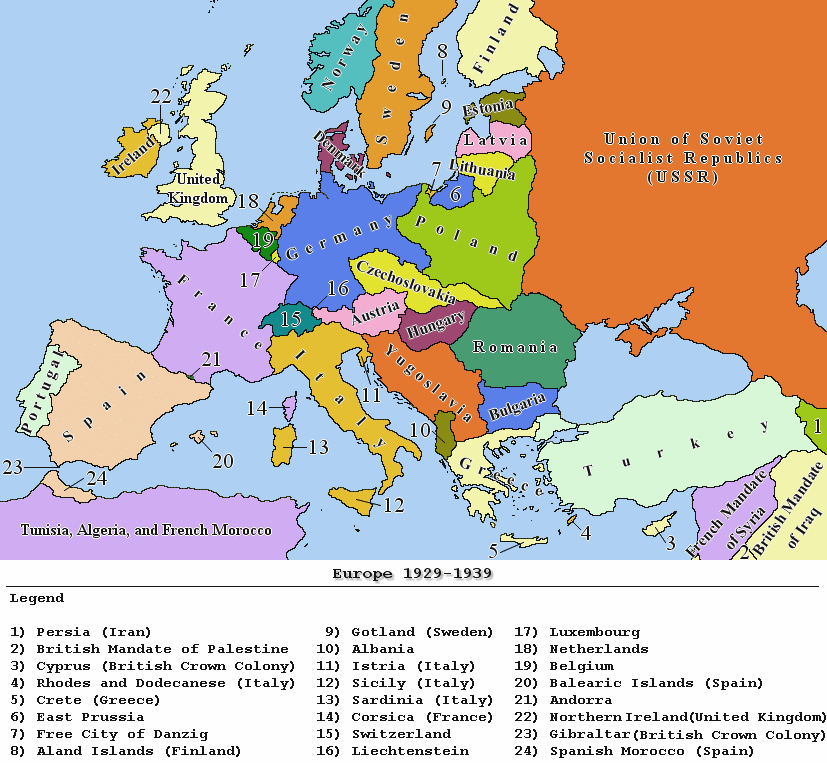
Map of Europe 1936-1939:

Here\x26#39;s a map:
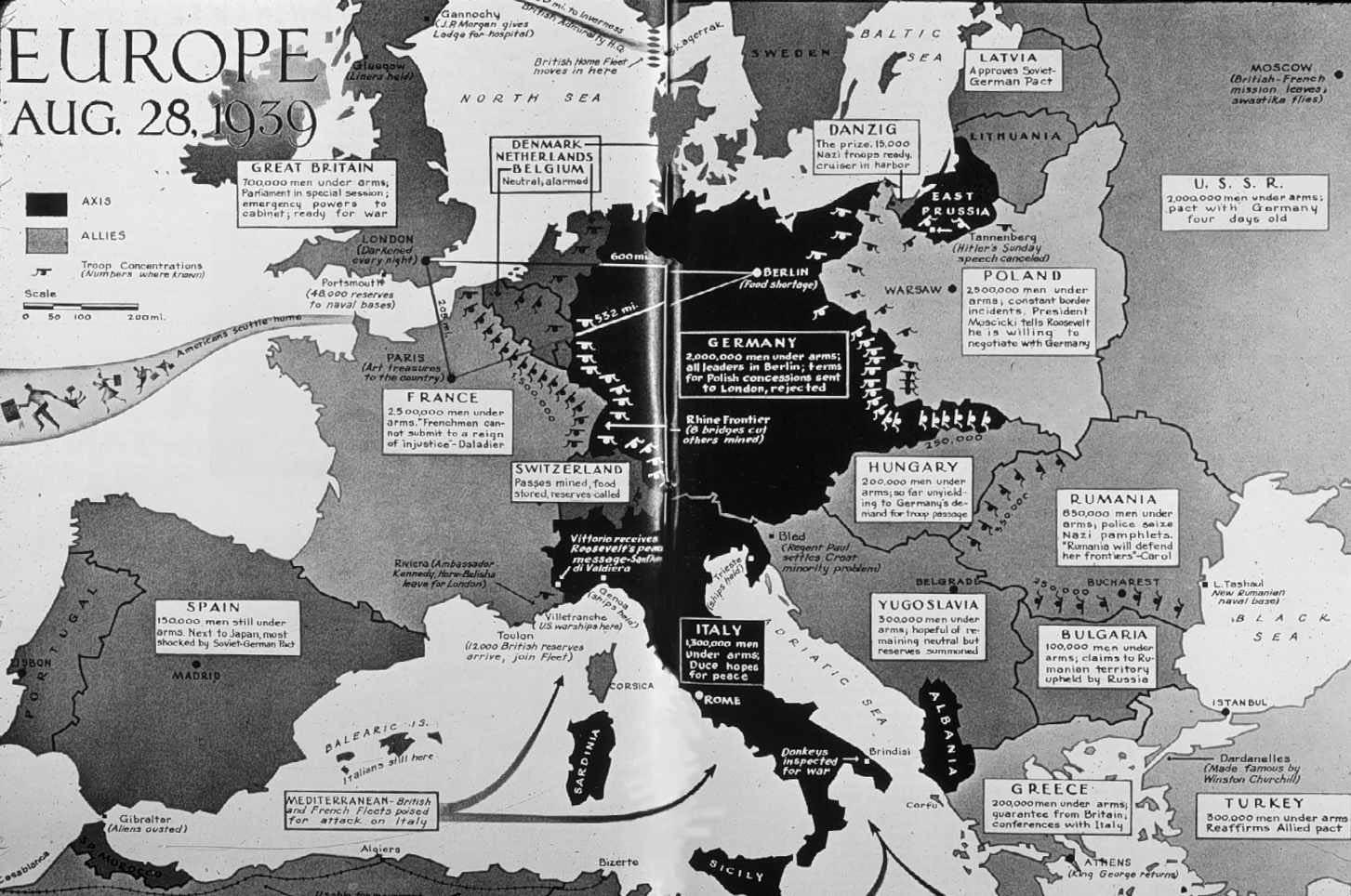
File:EUROPE 1919-1929

THE USSR (IN EUROPE) 1939-1941

Europe 1939 Map
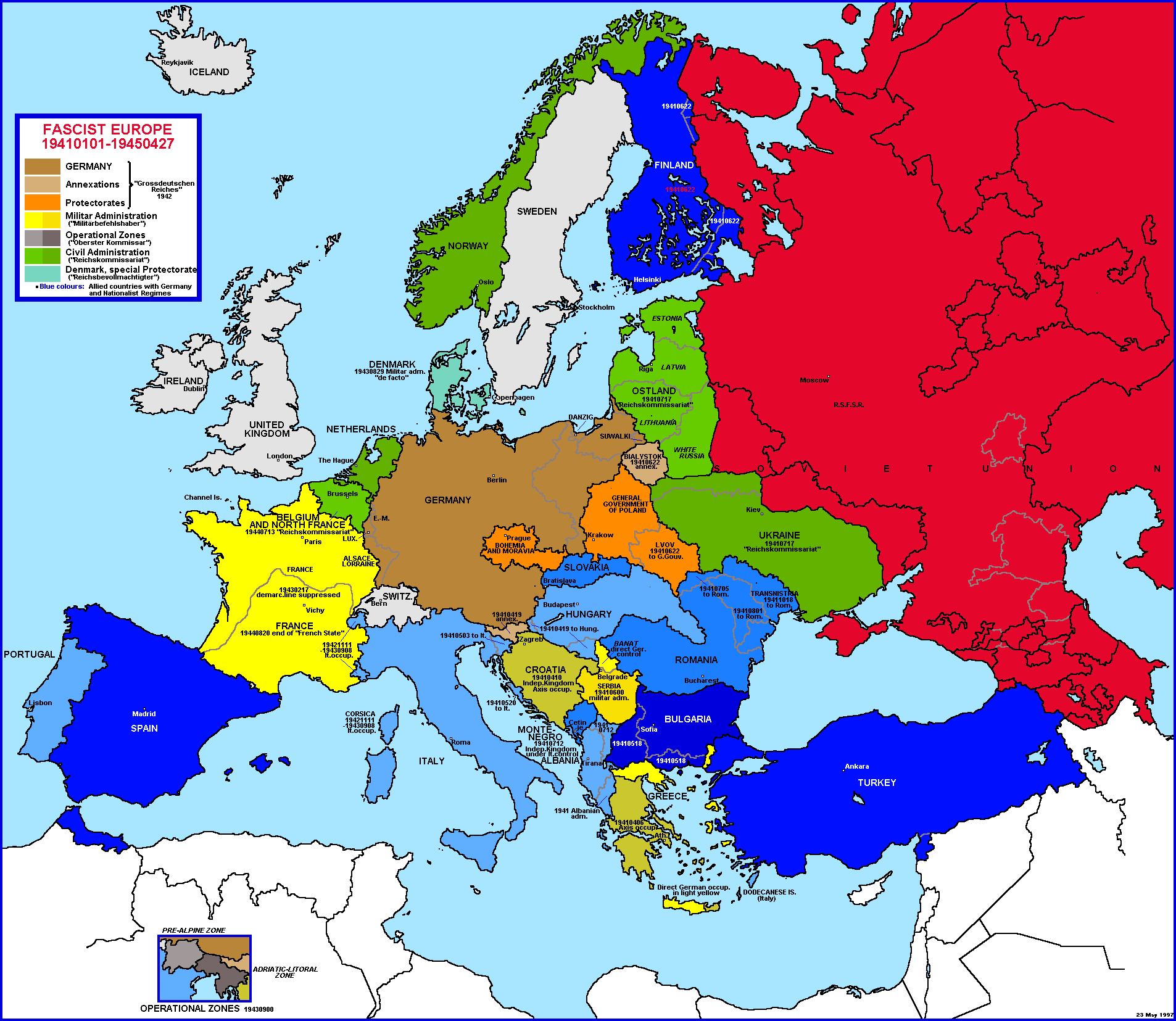
home
He was also a prolific writer of prose essays and reviews on literary, political, psychological and religious subjects, and he worked at various times on documentary films, poetic plays and other forms of performance. Throughout his career he was both controversial and influential. After his death, some of his poems, notably "Funeral Blues" ("Stop all the clocks") and "September 1, 1939", became widely known through films, broadcasts and popular media.
Auden's first boarding school was St. Edmund's School, Surrey, where he met Christopher Isherwood, later famous in his own right as a novelist. At thirteen he went to Gresham's School in Norfolk; there, in 1922, when his friend Robert Medley asked him if he wrote poetry, Auden first realized his vocation was to be a poet. Soon after, he "discover(ed) that he (had) lost his faith" (through a gradual realisation that he had lost interest in religion, not through any decisive change of views). In school productions of Shakespeare, he played Katherina in The Taming of the Shrew in 1922, and Caliban in The Tempest in 1925, his last year at Gresham's. His first published poems appeared in the school magazine in 1923. Auden later wrote a chapter on Gresham's for Graham Greene's The Old School: Essays by Divers Hands (1934).
From his Oxford years onward, his friends uniformly described him as funny, extravagant, sympathetic, generous, and, partly by his own choice, lonely. In groups he was often dogmatic and overbearing in a comic way; in more private settings he was diffident and shy except when certain of his welcome. He was punctual in his habits, and obsessive about meeting deadlines, while choosing to live amidst physical disorder.

Political Map of Europe in the

For South-Eestern Europe

Political map of europe 1939

Political Systems in Europe,

1939)

External Online Map

Attachments: Blank Map Europe

Europe 1939 AD

in Eastern Europe; Map

Europe and the Mediterranean

Map of Europe 1936-1939:

Here\x26#39;s a map:

File:EUROPE 1919-1929

THE USSR (IN EUROPE) 1939-1941

Europe 1939 Map

home
No comments:
Post a Comment